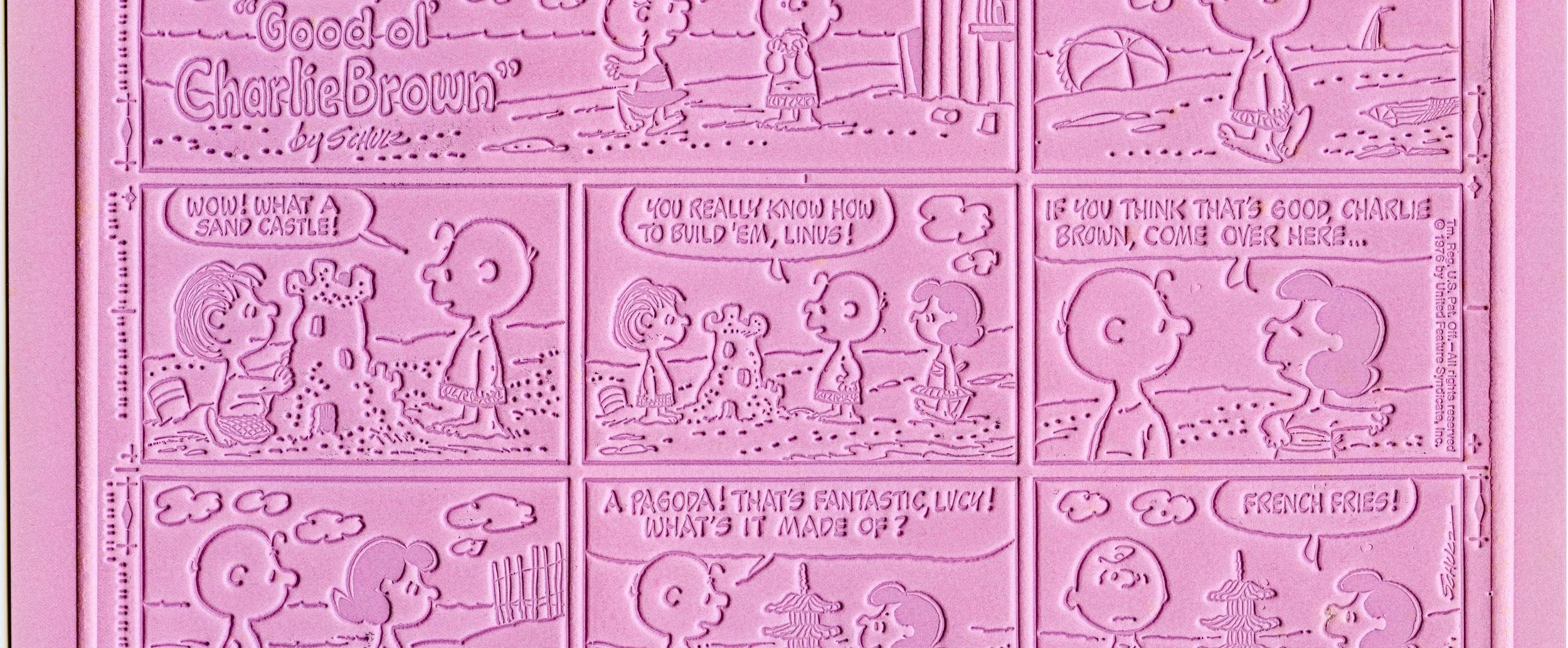Someone is trying to con my father, but wise man that he is, it was obvious to him from the start.
My father's parents died several months apart in 2002 and 2003. They had purchased gravesites where they settled in late retirement in Arizona, but wound up moving to be near my parents in Eugene, where they passed away under close, attentive care. My father figured out how to transfer the gravesites ownership to a Eugene funeral plot, and will eventually sell the plots. (My grandparents didn't use the sites, ultimately.)
Out of the blue, he's contacted by someone using terrible English who must be part of a network of fraudsters. They found a listing when my father was trying to sell the Tucson plots. I expect there's one group of people looking for suckers, another who try to reel them in, and then a set of closers. The person trying to make the deal sent a variety of ridiculous detail, and my father kept in correspondence out of curiosity. Then the closer made an offer; my dad noted that the letter's diction is totally different. Here's an excerpt:
"So i'll be taking the space for ( $4,100).This is okay with me. I intend paying you directly but due to other expenses concerning the burial,I'd be paying through a client of my gran-ma who owes her
$7,600 before her demise.
"However, on the receipt of this cashier's check/ Money Order, cash it at your bank, deduct yours and wire the balance via money gram/Western Union to the charity home/organization whose address will be forwarded to you later.This is my gran's opinion concerning the cash owed before her death.You know you have to respect the late."
This is the classic "forged cashier's check written for above the selling price and we trust you" scam. craigslist offers a long list of auction scams, many of which are repurposed now to things like funeral plots. They list this one as item #4, "distant person offers to send you a cashier's check and then have you wire money." No insult to the great nation of Nigeria, but most of these scammers appear to be operating there as the legal system isn't doing much with these or similar scammers.
The best known Nigerian scammers operated 419 schemes to transfer $50m to someone they don't know but trust. I'm reading more and more about people who were really caught up in these schemes and who embezzled or committed crimes in the U.S. to obtain the "transfer fees" necessary to get their hands on the non-existent millions. A woman allegedly shot and killed her husband, a pastor, over family finances after she allegedly kited checks as a result of being a victim of a scam. There was also a story in The New Yorker about a psychotherapist who was pulled so effectively into a 419 scam that he wound up sending them $600,000 of money from forged checks they sent him and spent perhaps $80,000 of his own money. He was found guilty of charges of bank fraud, money laundering, and possession of counterfeit checks.
What's poetic justice is that someone who is intended to be the victim of this scam who is a scammer themselves, and never ships or delivers the goods and keeps the "extra" money winds up out nothing because when the bank demands the amount of the check back after the forgery is uncovered, they still have the goods and the cash, and may only have to pay a returned check fee (if that, given that it was a forgery that they weren't involved with).
I'm currently finishing the writing of an ebook about registering and managing domain names, and I wrote part of the book on how to buy a domain name from someone else plus an appendix on selling a domain name. My advice these days with domain names is that you have to be liberal about the forms of payment you accept because once a domain name is transferred, it's possible but quite annoying to get it back. (As opposed to physical goods and wired money, which are basically just gone.)
My suggestion is that you require a cashier's check drawn on a major bank and refuse money orders except US Postal Money Orders. USPS checks can't be for more than $1,000, have many security features, and can be redeemed in cash at any post office. Cashier's checks aren't verified more than cursorily by banks, and can be returned. But you can call the issuing bank and confirm major details.
After accepting payment, require a 10-day hold period before making any domain changes. At the end of 10 days, if payment hasn't been returned for forgery, your agreement should then allow you to retain the registration of the domain name for 30 days, but you agree to point the domain name at wherever the buyers want it. At the end of 30 days, assuming payment held and wasn't returned, you transfer the domain to their ownership.
I told my dad to call the FBI to get some advice on reporting this. The FBI won't pursue it, but they might have a suggestion on how to make sure some authorities are aware of this latest scheme.
